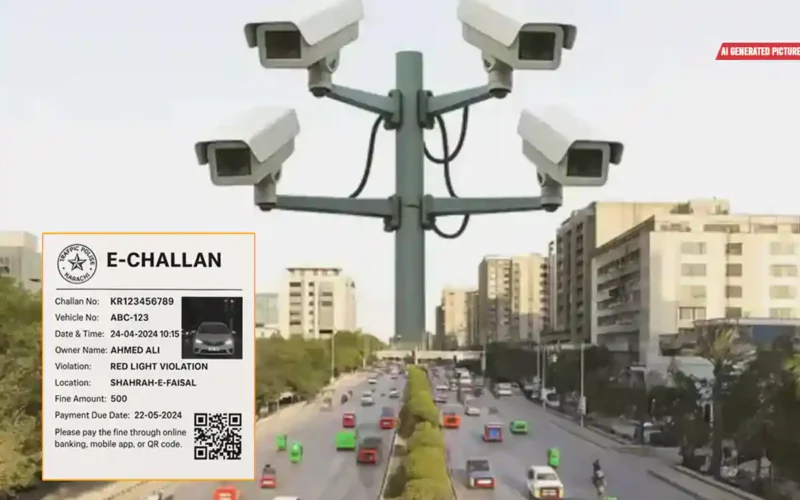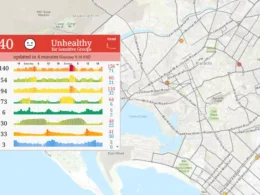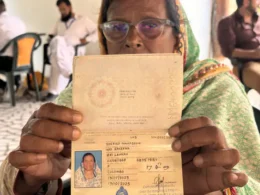Sindh Chief Minister Murad Ali Shah on Monday officially inaugurated the Faceless E-Ticketing System in Karachi, calling it a major step toward a transparent and efficient traffic management system that will enhance road safety and public trust.
Speaking at the launch ceremony, Shah said the new system will eliminate human interference and favoritism in traffic enforcement.
“Traffic violations will now be detected automatically through advanced cameras,” he explained, adding that the initiative aims to promote justice, transparency, and accountability.
Recent amendments to the 1965 Motor Vehicle Ordinance were a crucial legislative step to safeguard public interest, he noted.
The system has been initially deployed with 200 cameras across the city, with plans to expand to 2,000 cameras across Sindh.
Traffic management centers will also be established to assist citizens in verifying e-tickets or filing appeals.
The Citizen-Police Liaison Committee (CPLC) has been involved in reviewing the system to ensure accountability.
How the system works:
When a violation is detected by a camera, the vehicle’s number plate is automatically identified and the data is sent to the excise office.
A challan is then generated with three black-and-white photographs as proof, detailing the violation and the fine.
READ: BEWARE! E-Challan system to go live from Oct 27 in Karachi
The challan is printed and sent to the registered address via courier.
Additionally, a message is sent to the owner’s mobile phone, displaying the fine, violation, and penalty points.
A QR code allows the user to view the images in color on their phone.
Initially, the system will monitor 18–20 key traffic violations, including helmet use for motorcyclists, seat belt compliance for car occupants, wrong-way driving, ignoring lane discipline, standing on zebra crossings or stop lines, signal violations, speeding, black window tints, one-wheeling, and absence of indicators, mirrors, or brake lights.
Fines are set at Rs. 20,000 per violation.
According to the CM Sindh, first-time offenders will receive a warning and must acknowledge their mistake within ten days by signing an undertaking promising not to repeat it.
A second violation will require payment of fines for both the first and second offenses.
Payment within 14 days grants a 50% discount, while the full fine is payable within 21 days.
After 21 days, the fine doubles. Penalty points are applied to the driver’s license, and accumulating 30 points results in automatic suspension.
Traffic officials will receive 15% of the challan revenue, while those issuing false challans will face a 30% penalty.
Shah said the initiative marks a proud moment for Karachi, emphasizing that the faceless e-challan system will reduce corruption, improve traffic discipline, and make city roads safer for all commuters.












